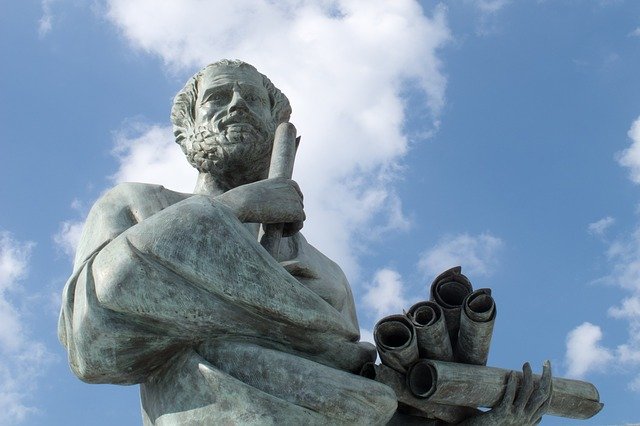Why do we learn? What do we teach? How do we educate?
These questions have dictated how education boards design curriculum, which pedagogical methods teachers use, and even how much emphasis society puts on different streams or bodies of knowledge and related professions. The definition of education has evolved- from being characterized as a means of attaining socio-economic mobility to being focused on the ‘all-round development’ of students. Perhaps this is why the Supreme Court of India mandated all CBSE schools in 2016 to incorporate ‘Moral Education’ in school curriculum.
Subjects taught in schools seek to answer definitive questions and are defined as ‘ building blocks of knowledge’. To put it in simple words, Biology seeks to find out what life is made up of, history is oriented towards determining how we got to where we are and sociology seeks to answer questions surrounding social interactions, relationships, and hierarchies.
But who asks these questions? And is there a value to that? Aristotle is considered to be the father of both Biology and Political Science - two subjects that are rarely associated with each other. However, neither of these concepts existed as ‘subjects’ during Aristotle’s time. Despite his significant contributions to different bodies of knowledge, Aristotle is primarily remembered and glorified as a philosopher.
Philosophy is defined as “the study of knowledge ” or “the study of fundamental questions”. Whereas other subjects seek to answer questions about areas that are usually pre-defined, philosophy seeks to ask those questions, the answers to which have led to the creation of ‘subjects’, or bodies of knowledge.
Where does this fit in?
Our education system is flawed because we have devoted so much attention to what to learn and how to learn it, that there is not enough room left for students to ask, ‘Why?’. We need to question not only because it adds to our ability to develop new ideas but also because questioning assumptions and ‘facts’ is imperative to make healthy and rational decisions in life. This becomes even more important in the age of fake news and populist nationalistic politics. Learning to question narratives, policies and people right down to the most fundamental level (Socratic Questioning) enables us to make ‘rational and informed’ decisions in public life.
It has become imperative that we keep asking ourselves, ‘Who we are?’ and ‘What do we stand for?’ in this divisive world. Education exists to prepare people for healthy functioning in society. It is therefore important to teach children to question, to question continuously and repeatedly, to not just consume knowledge but also to study it. The study of philosophy is presently limited to very select circles of academia, and that needs to change.
